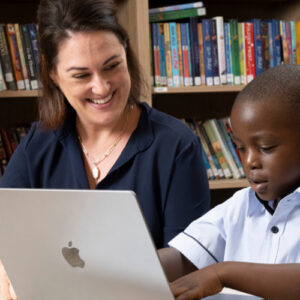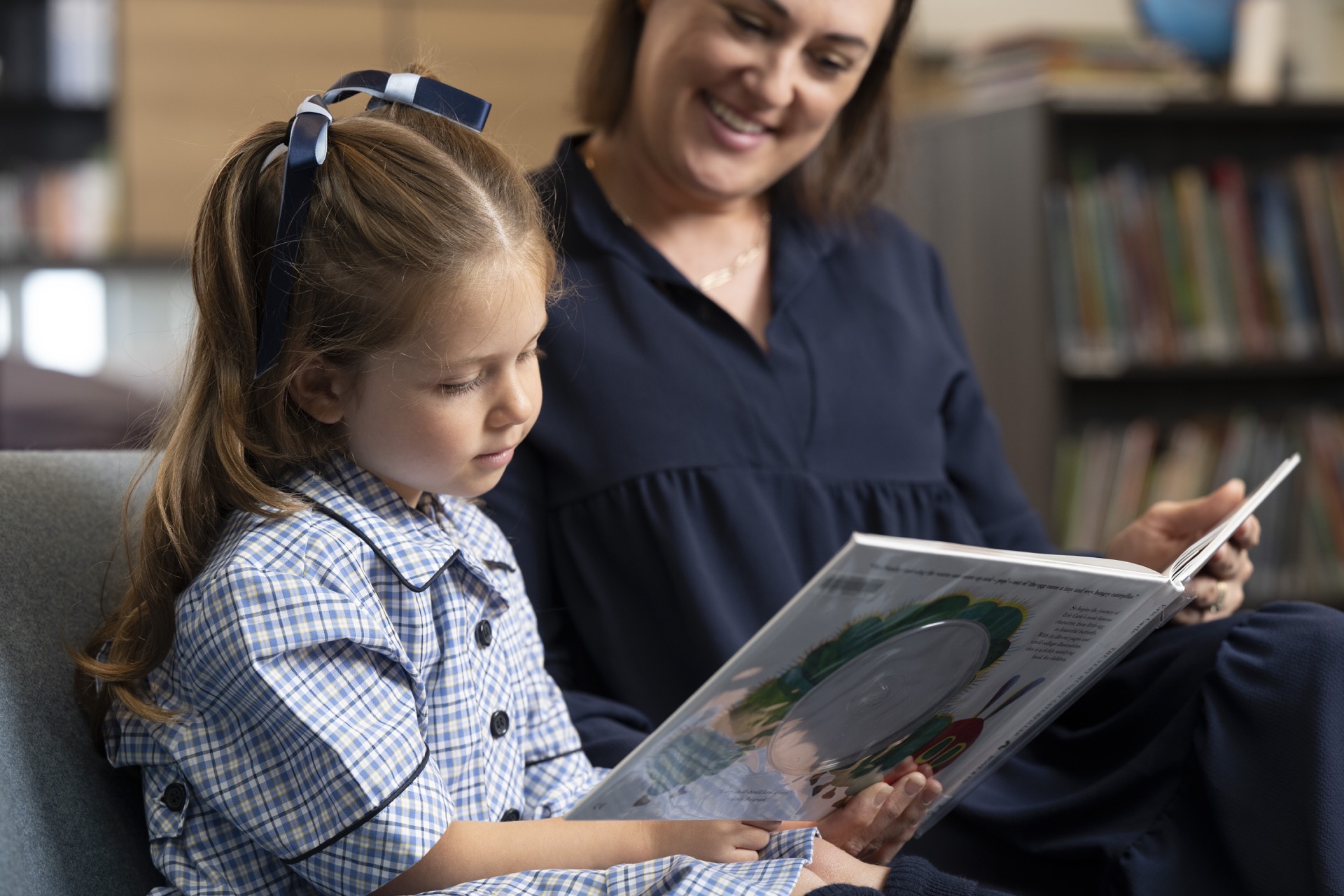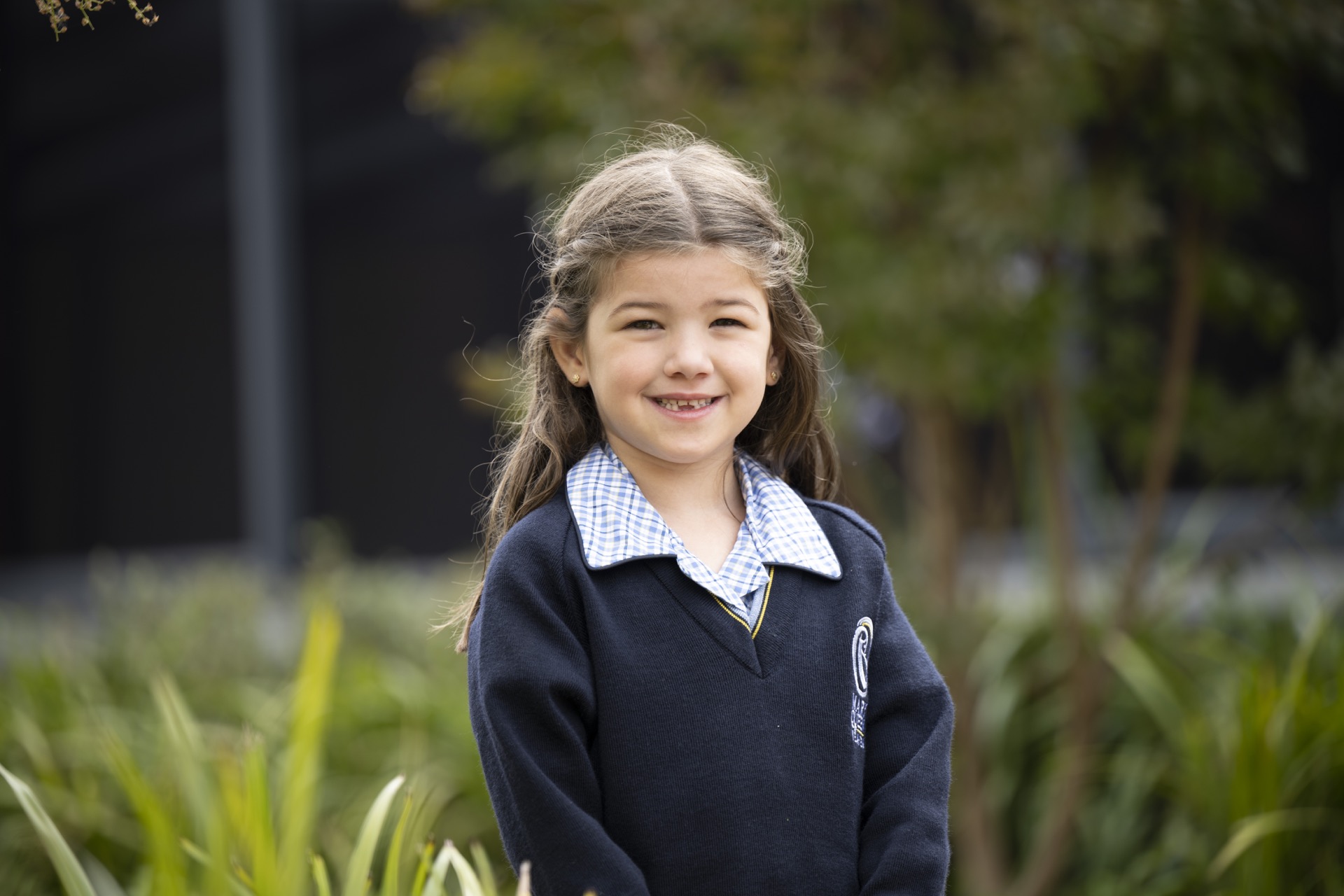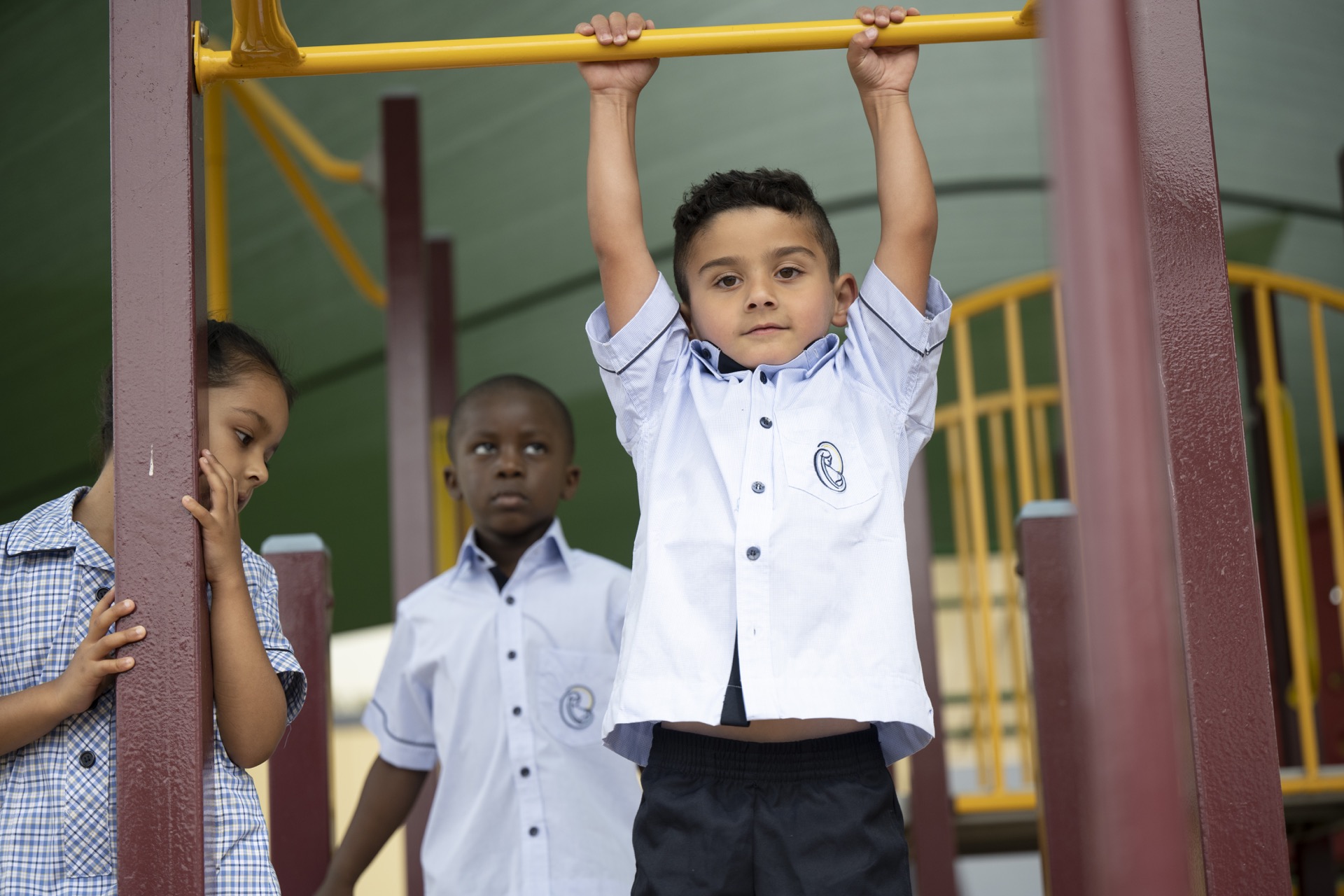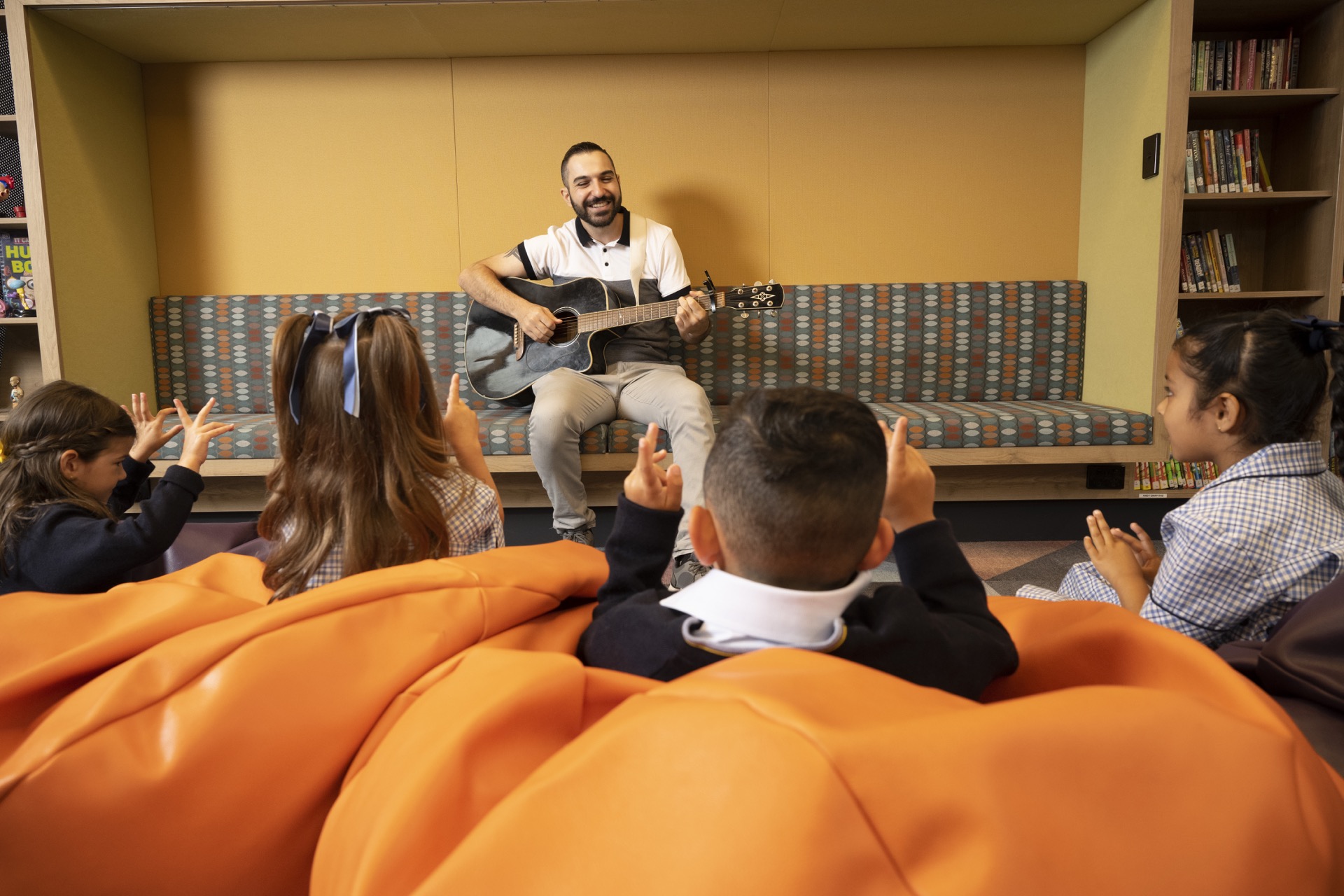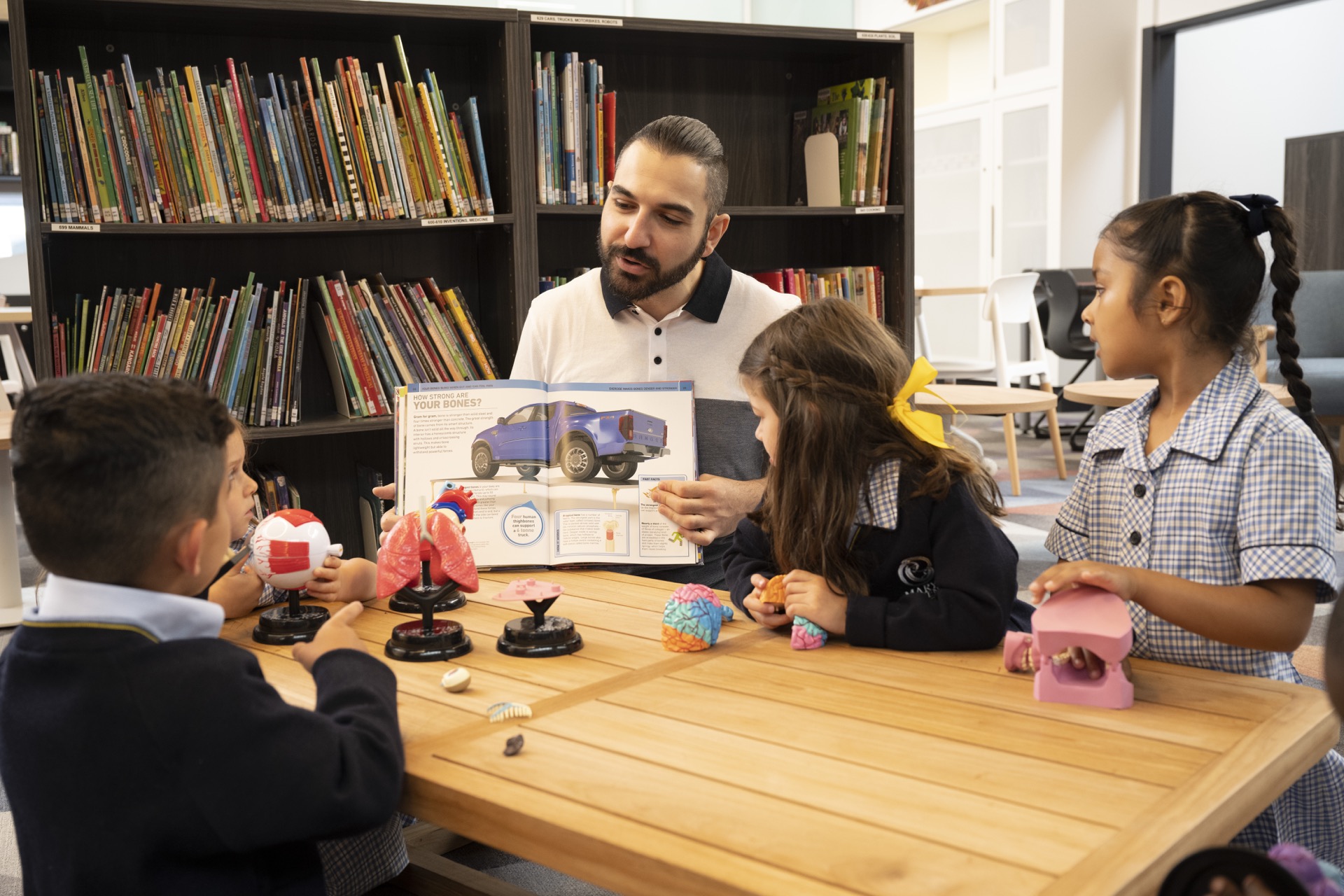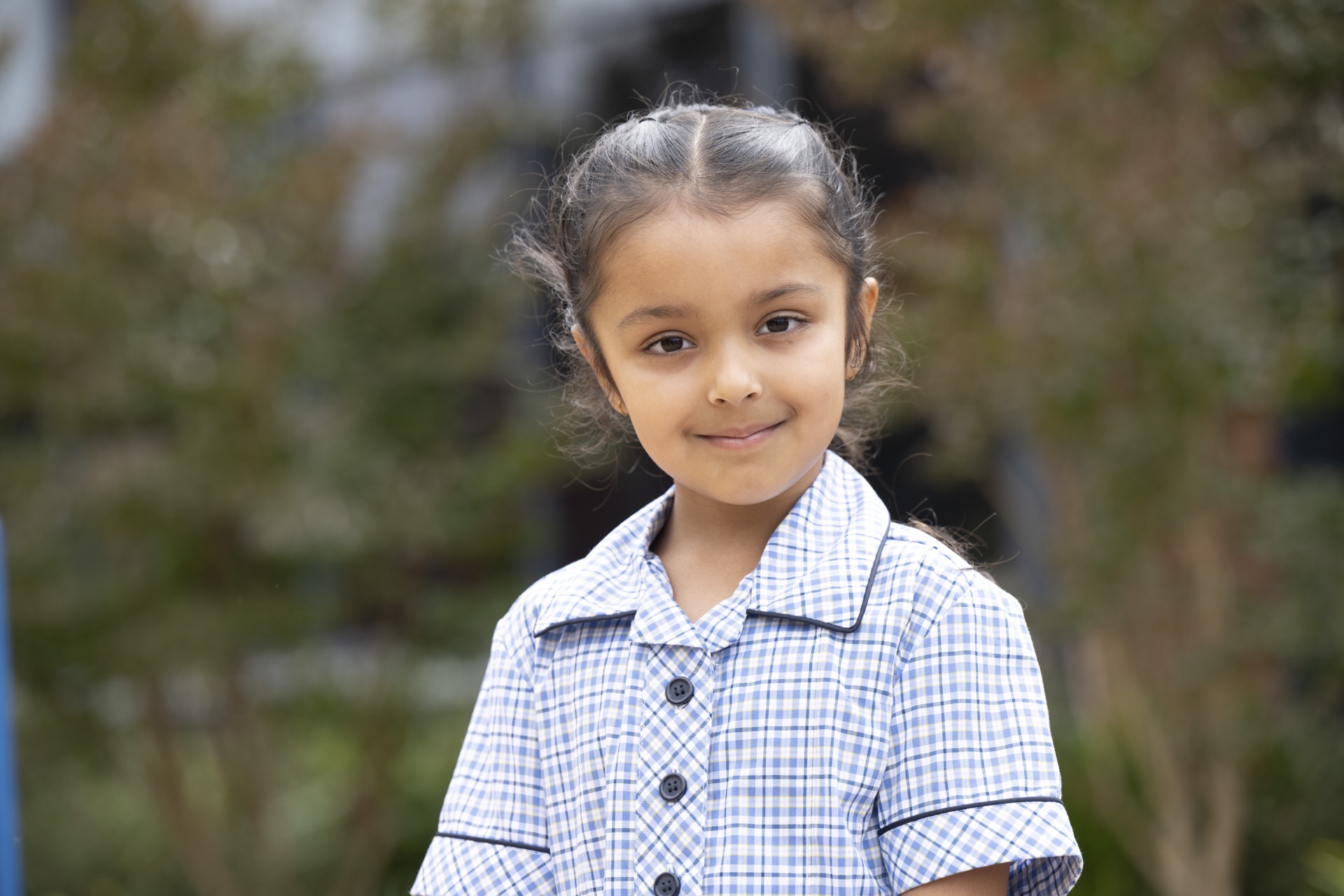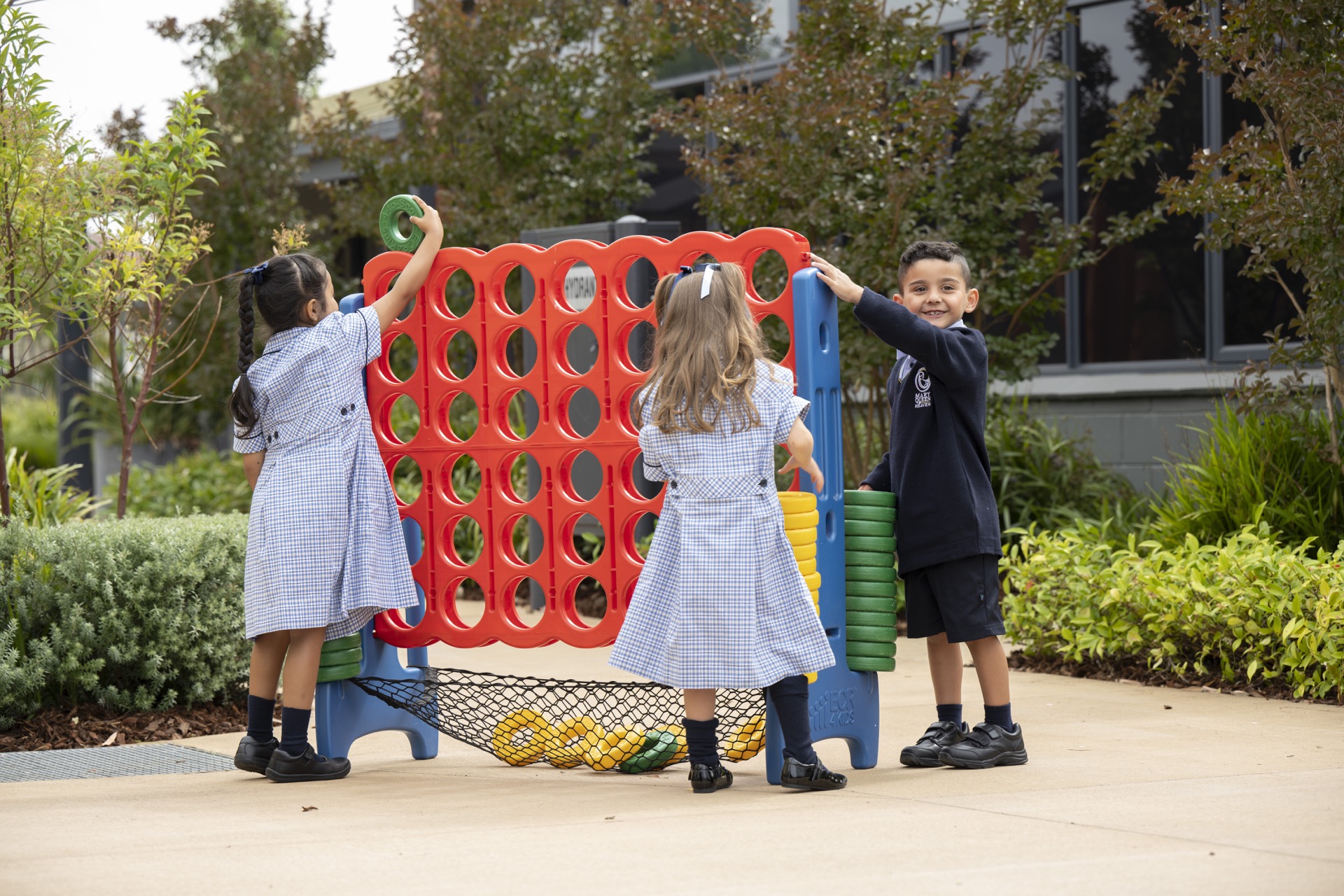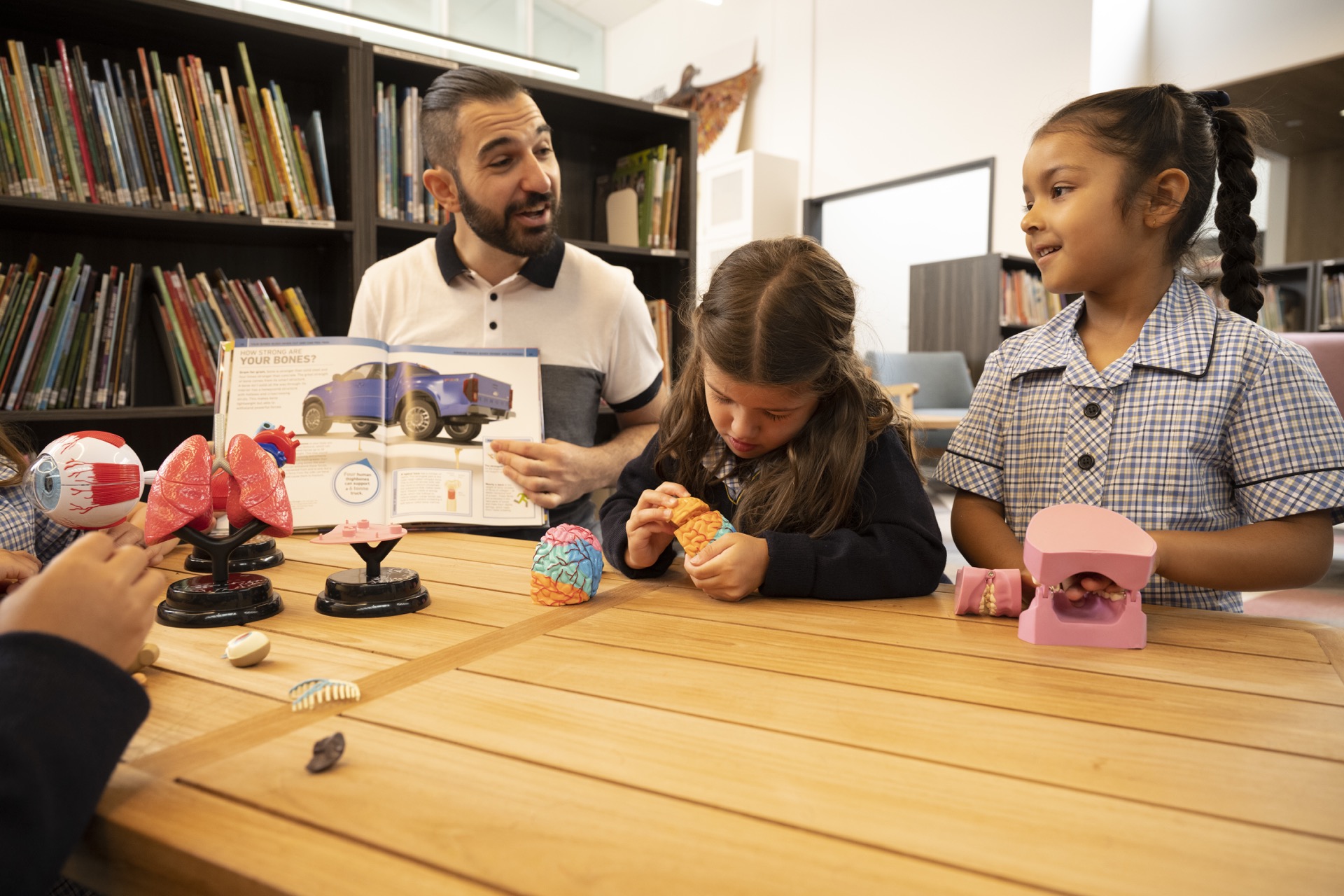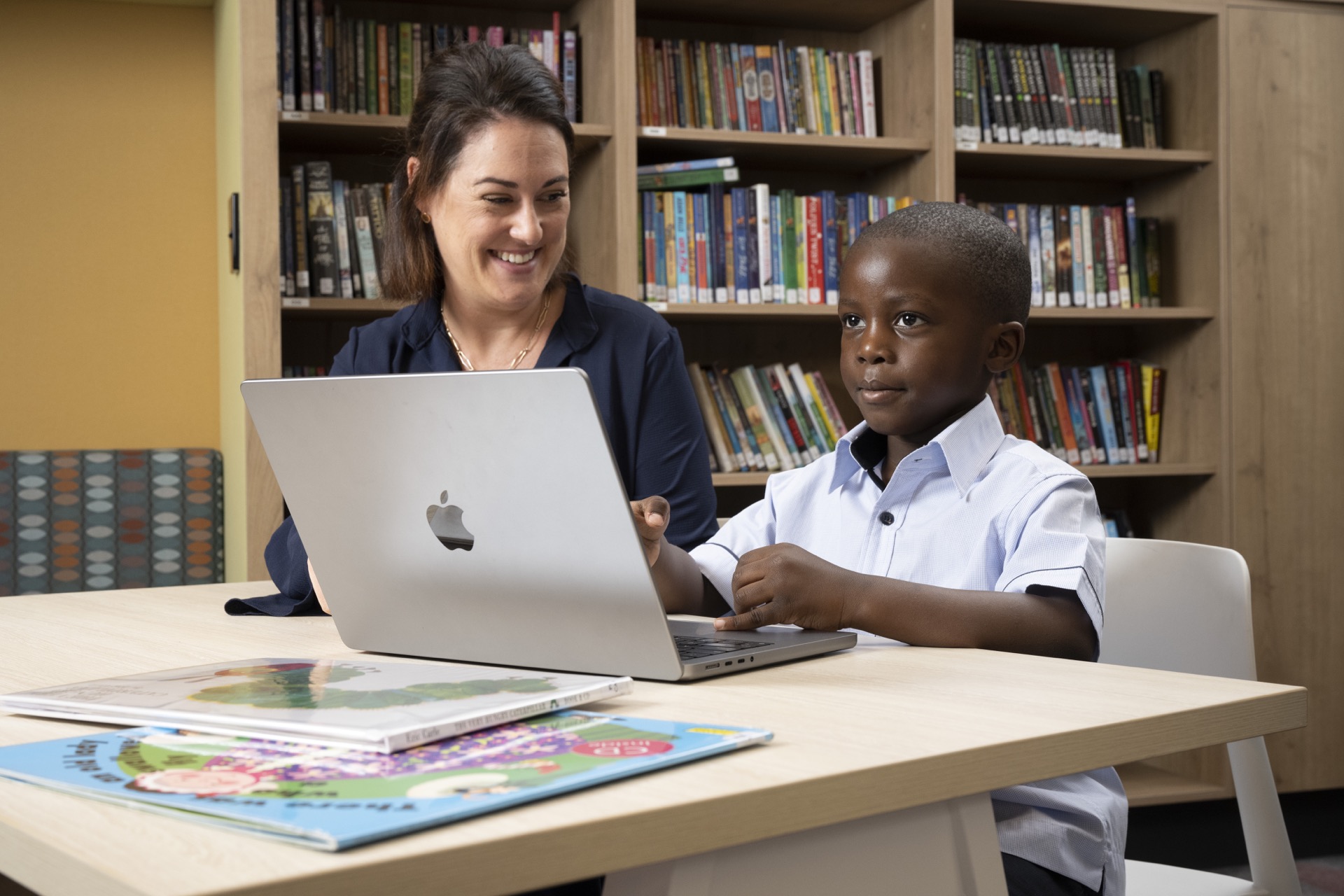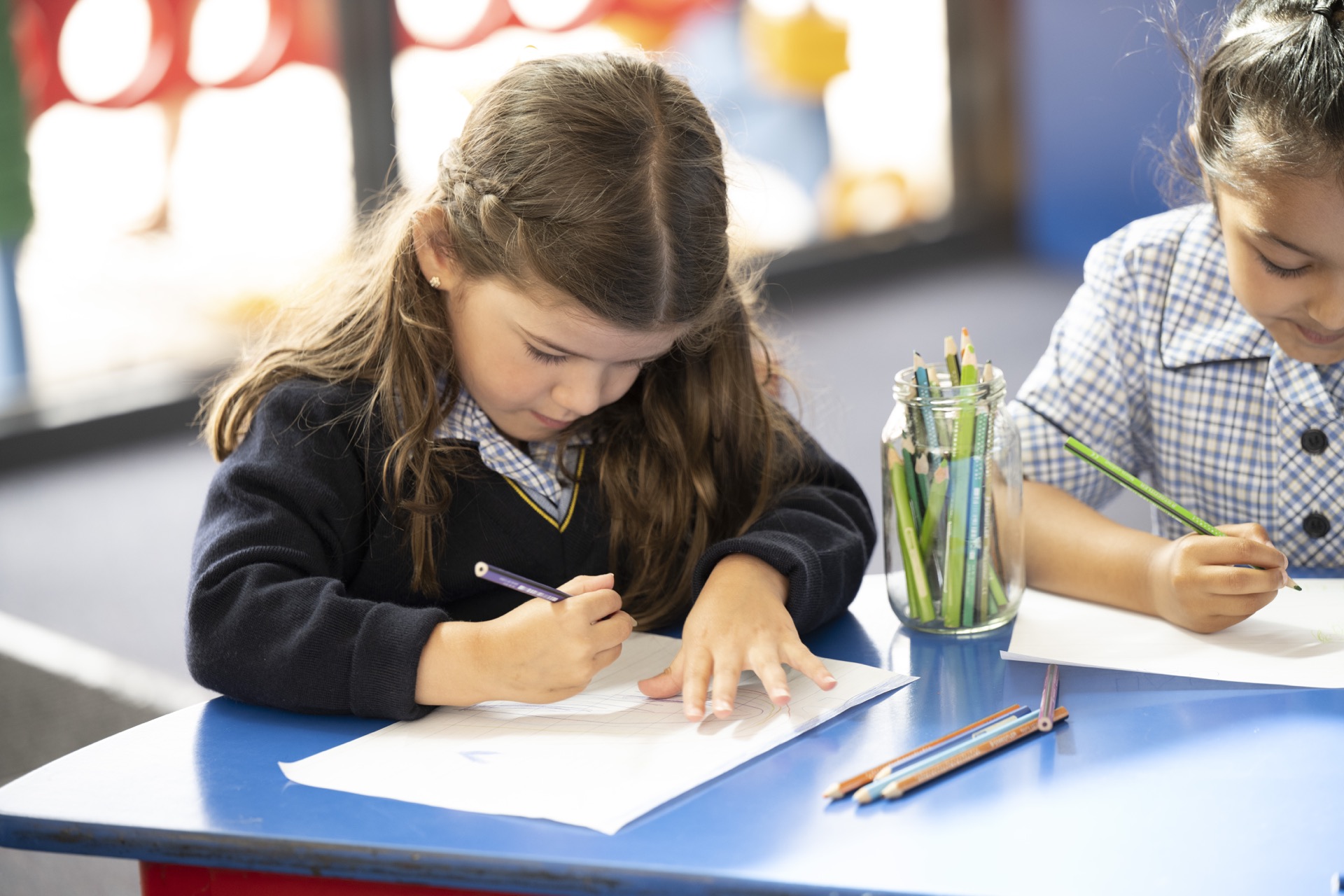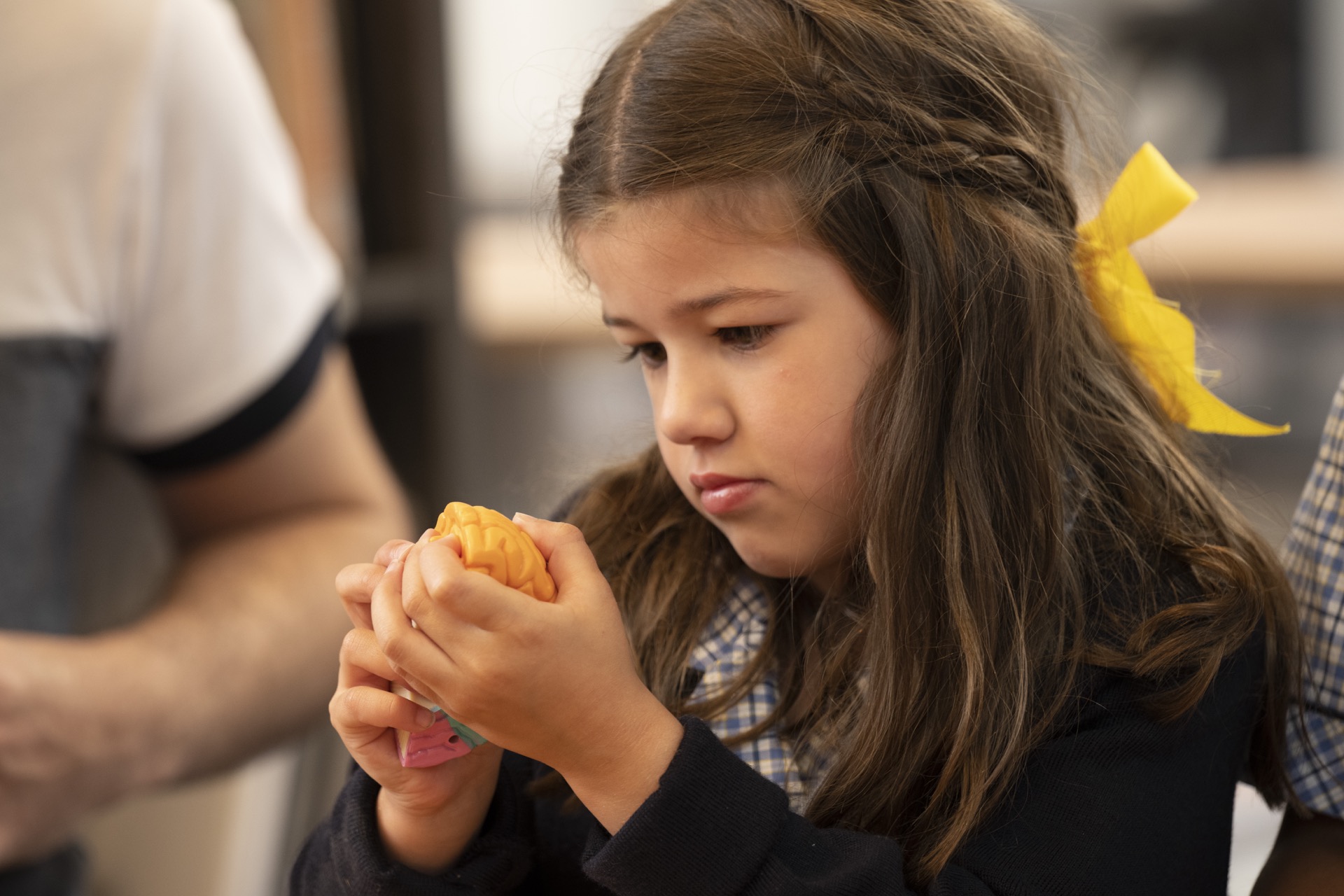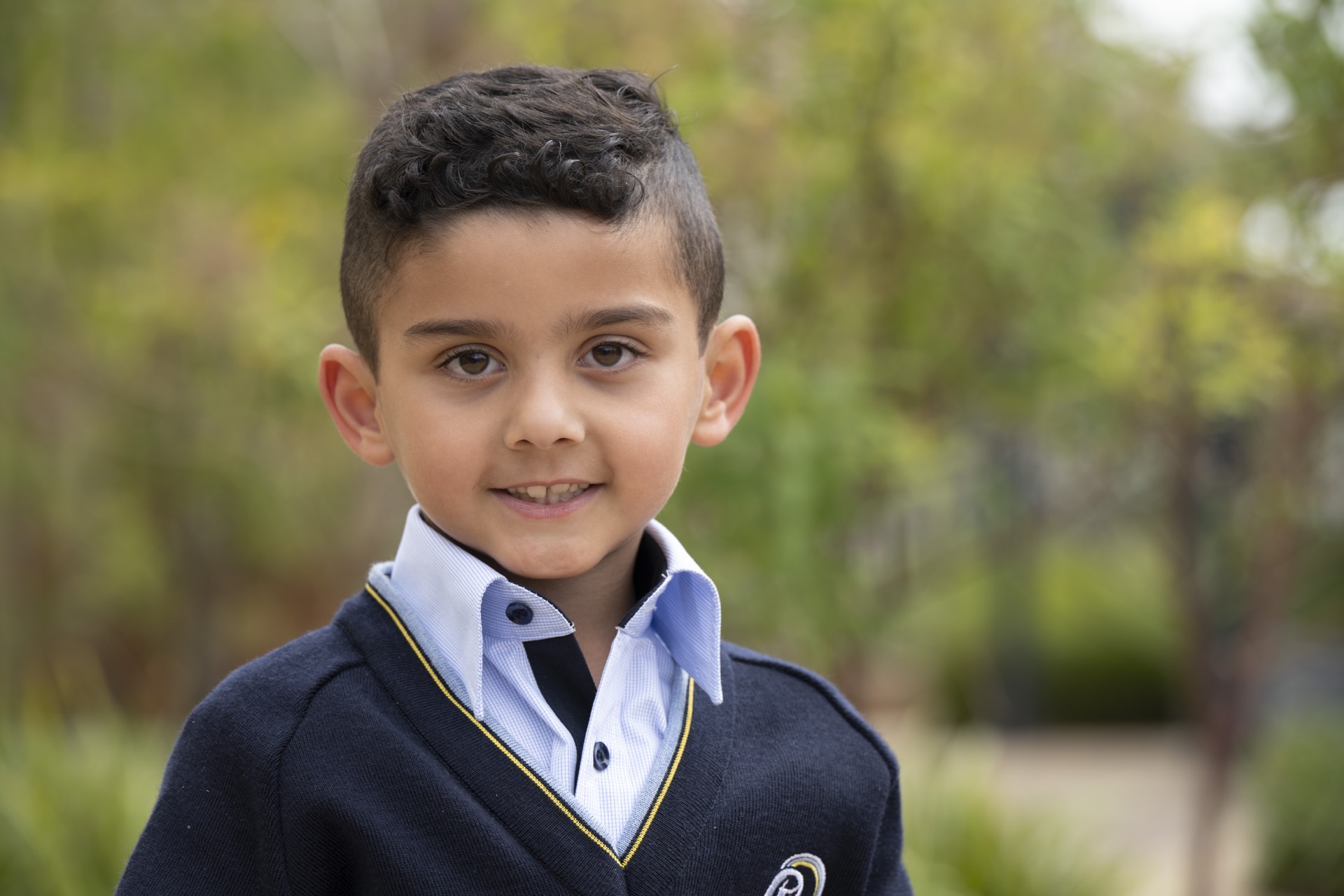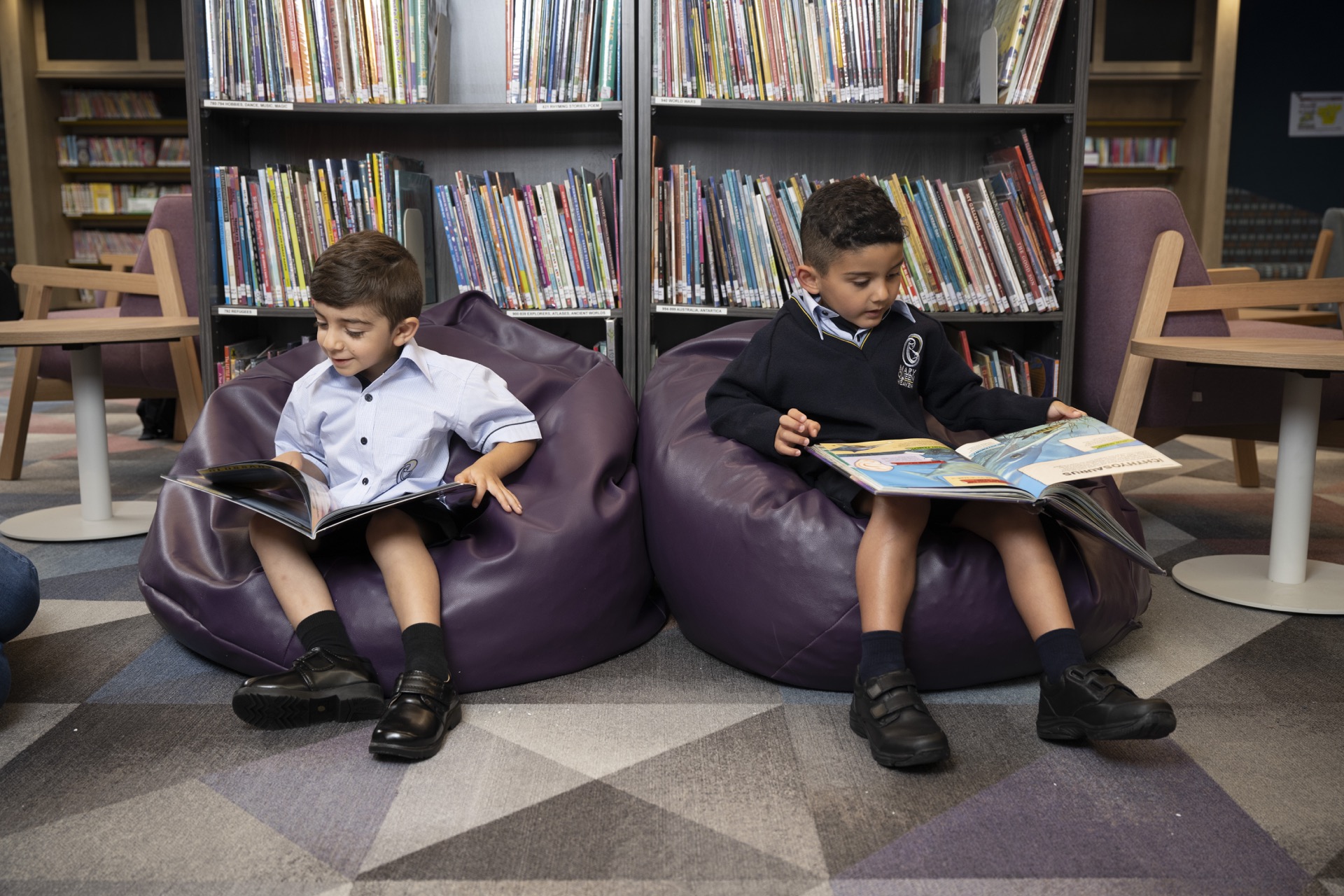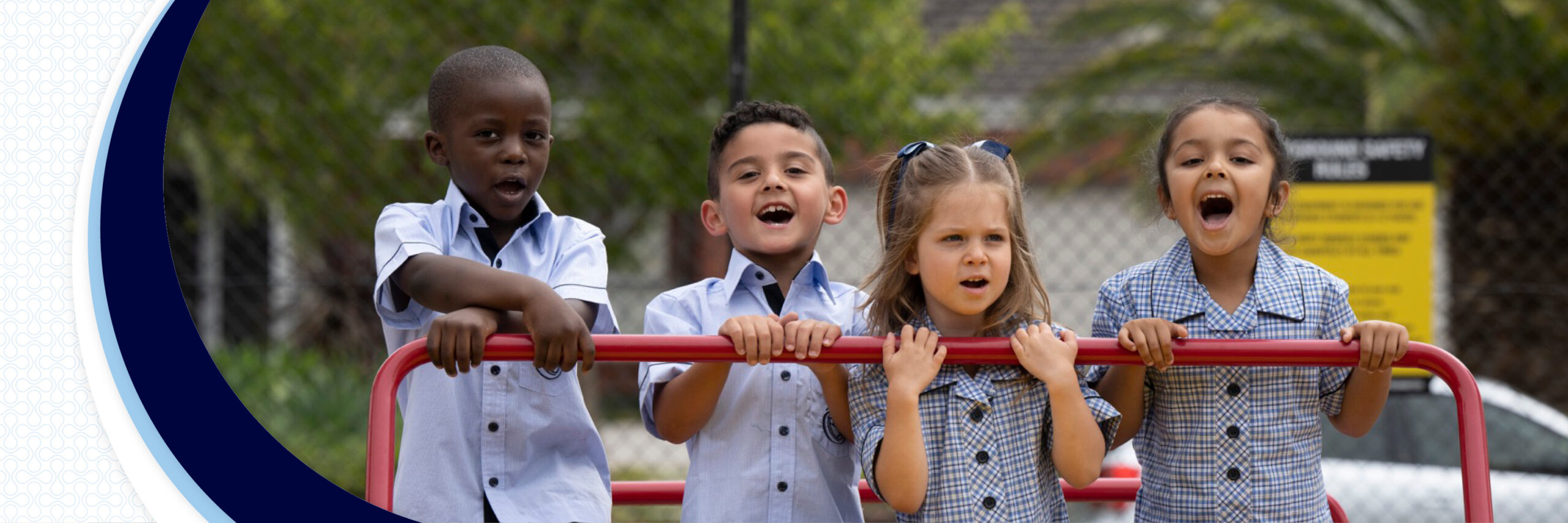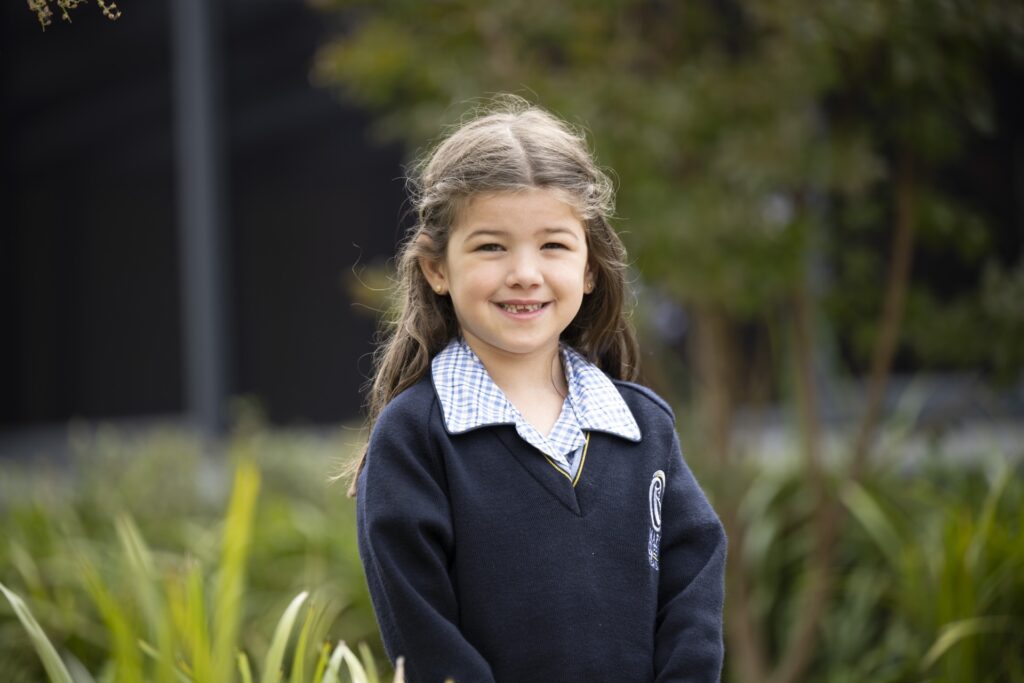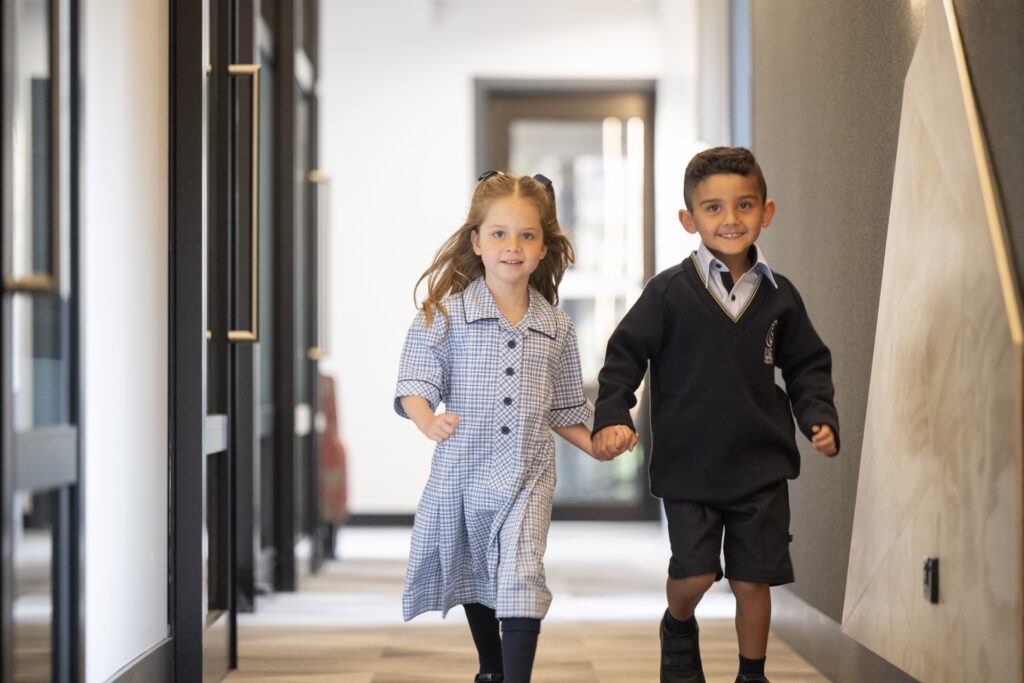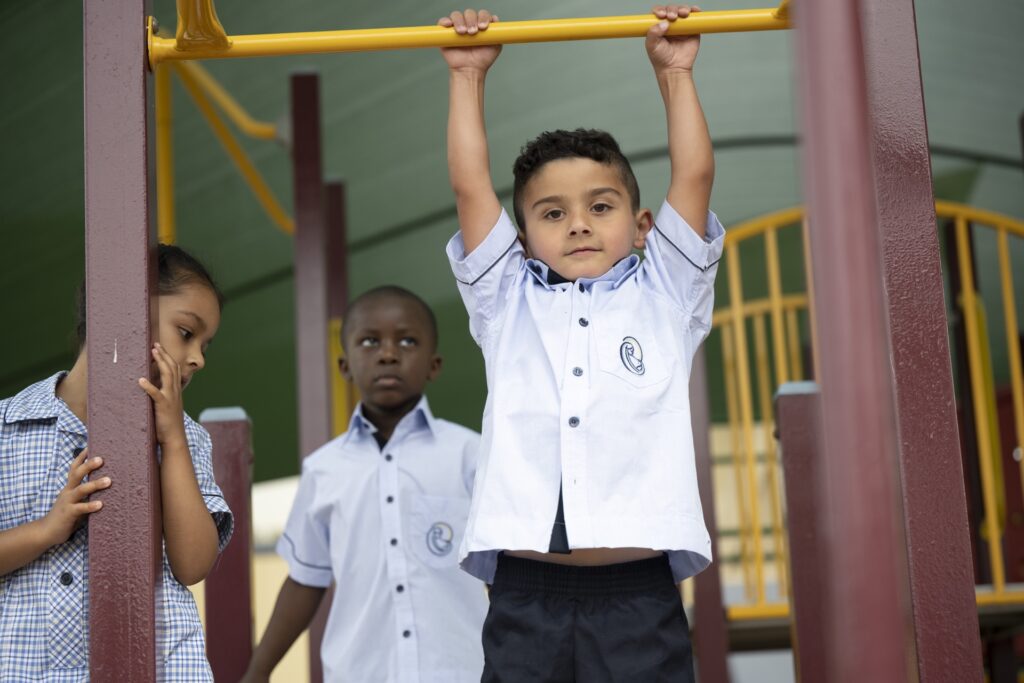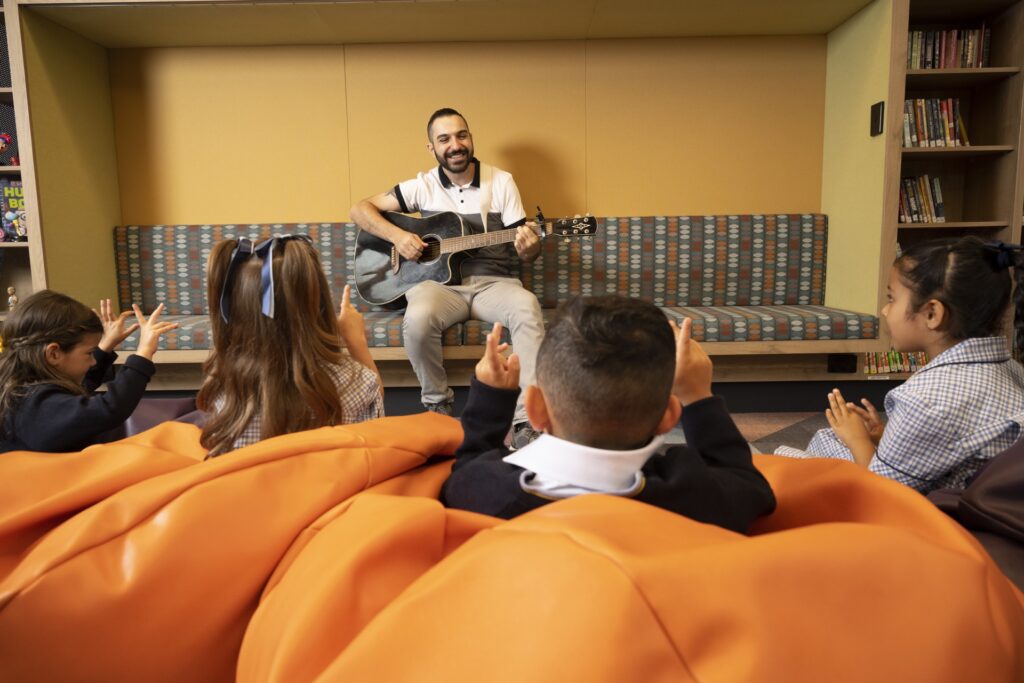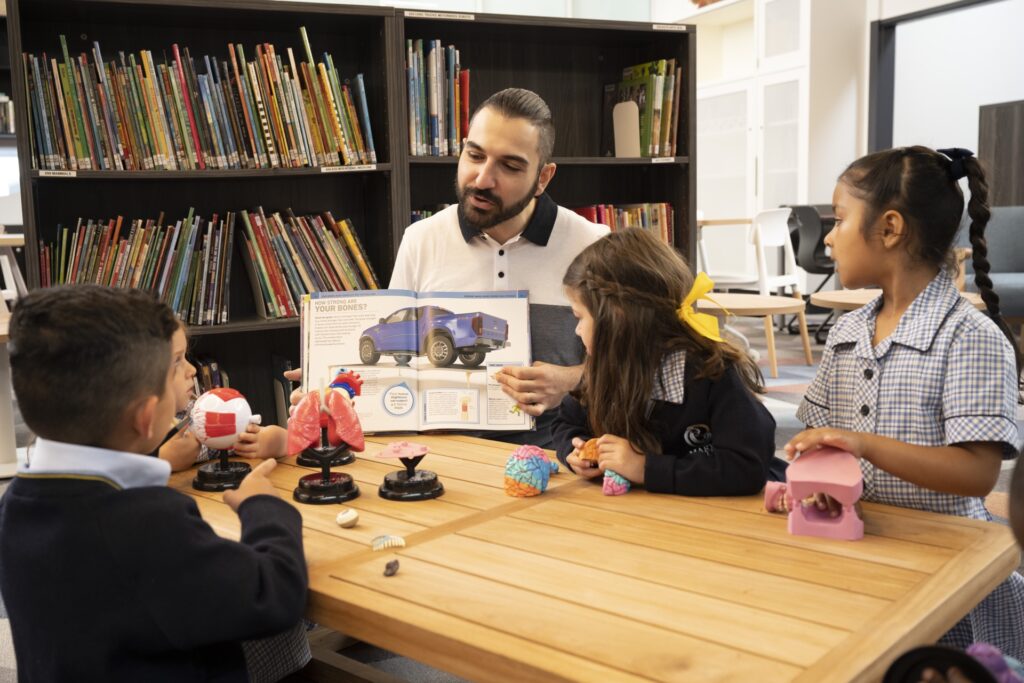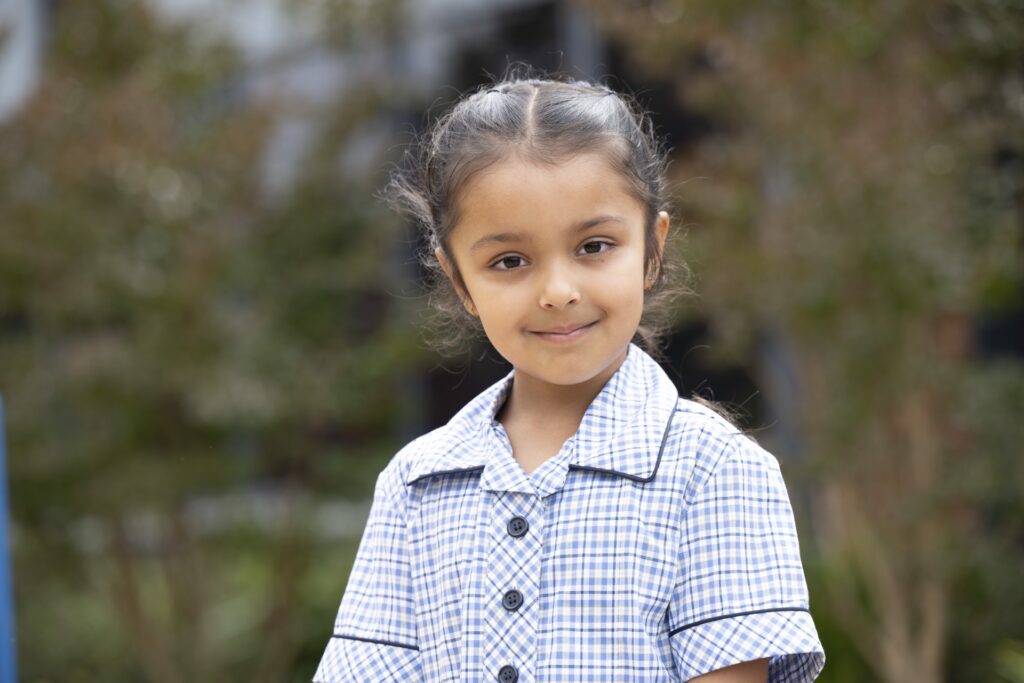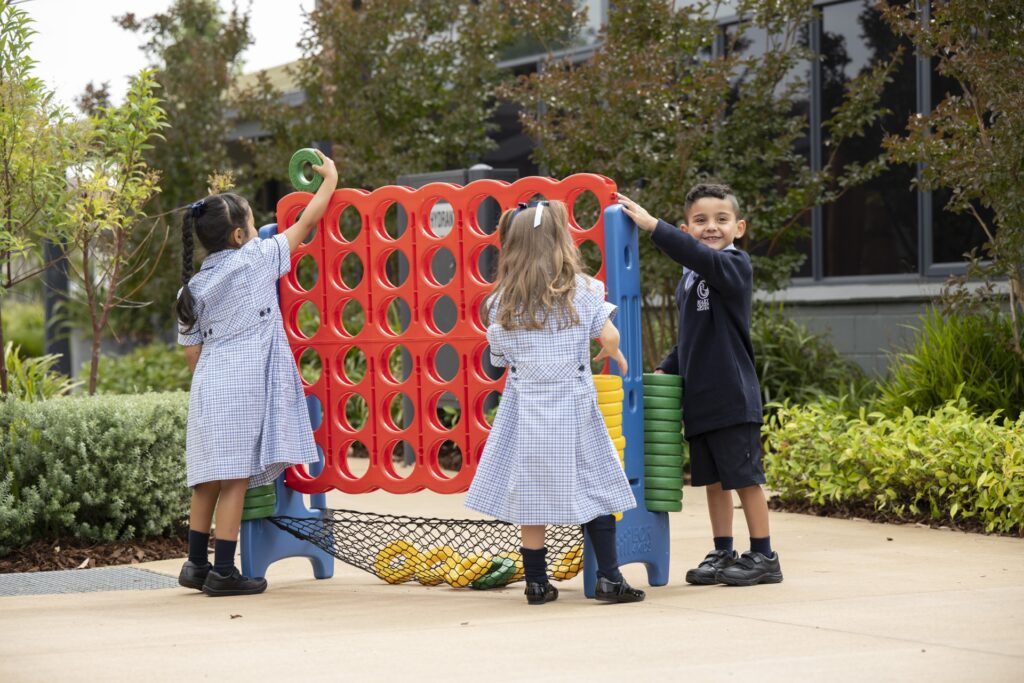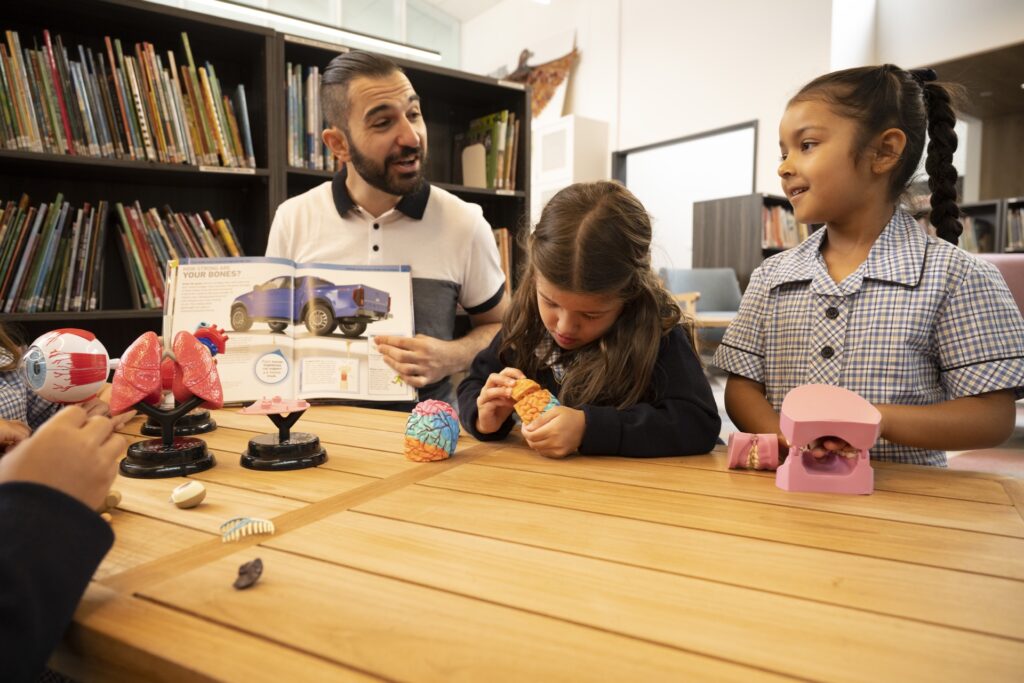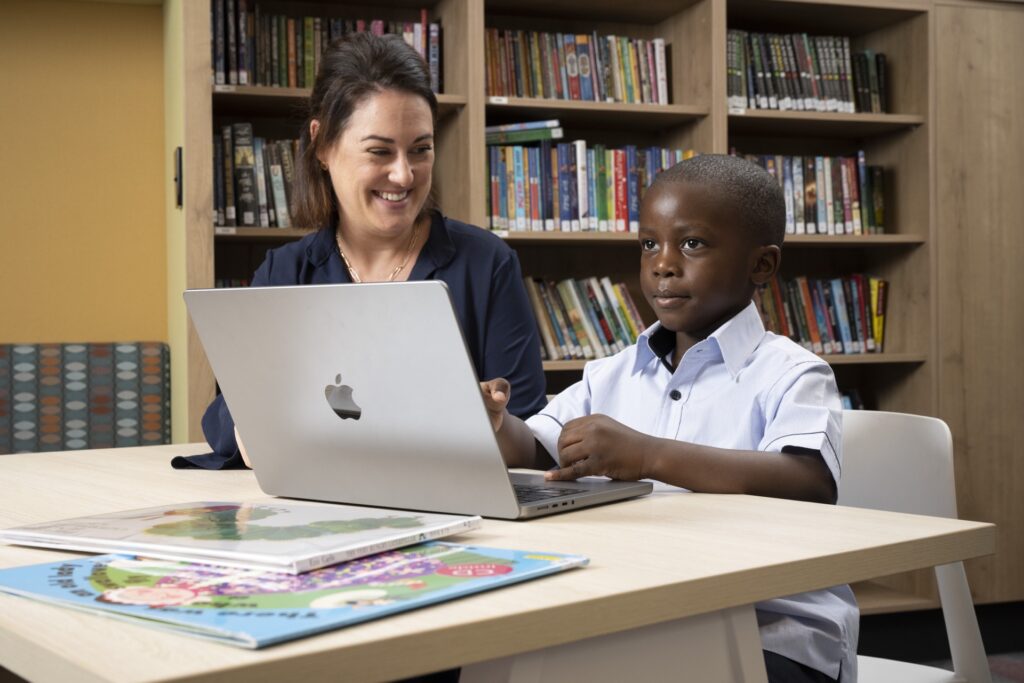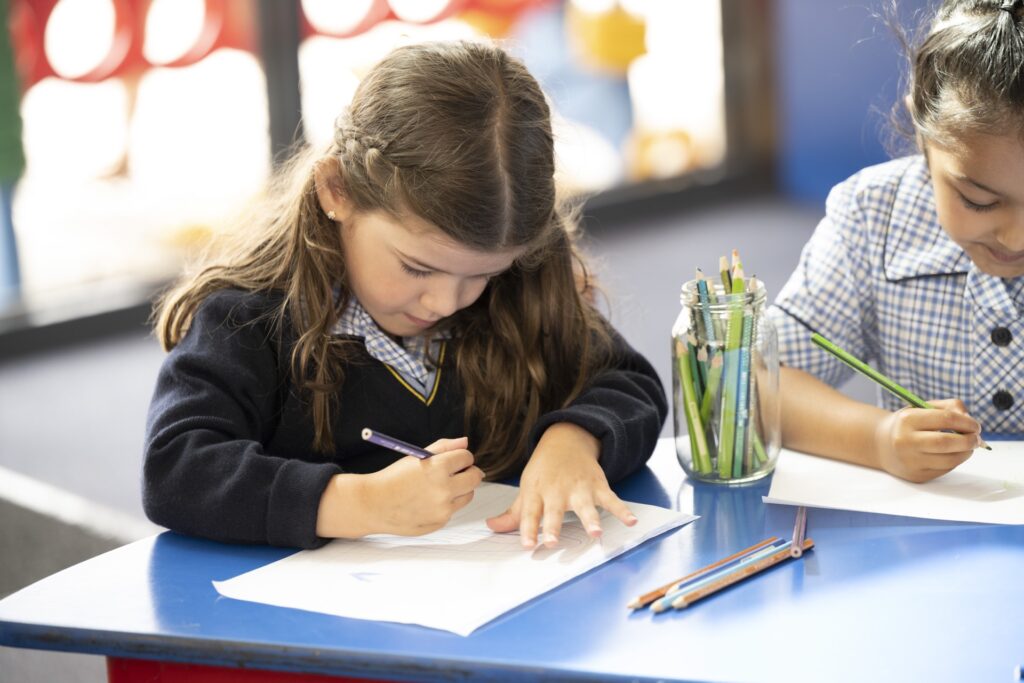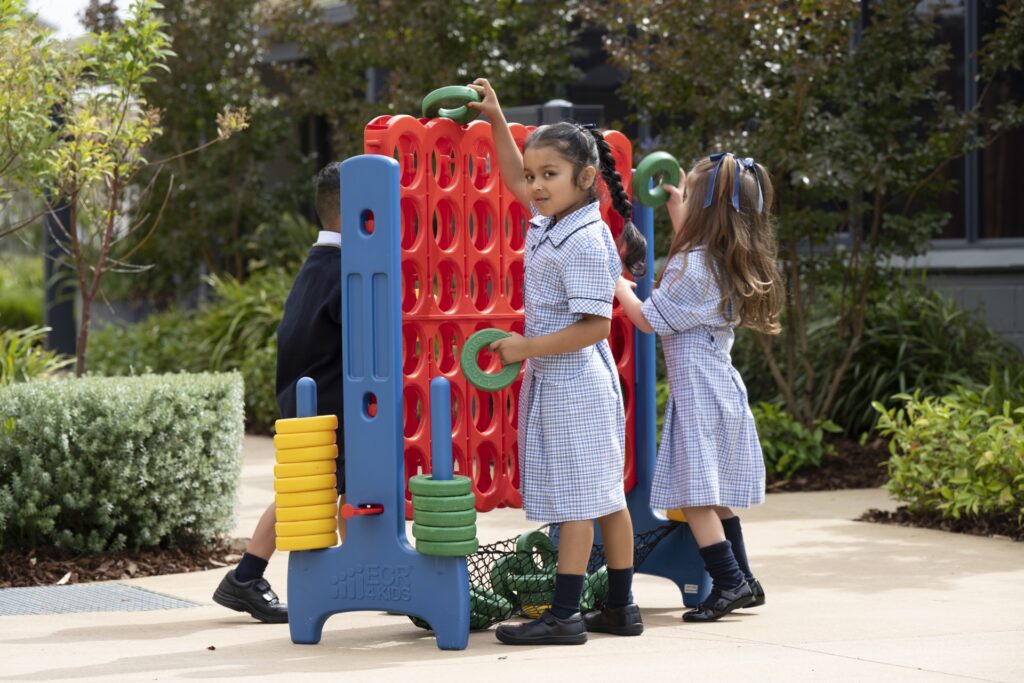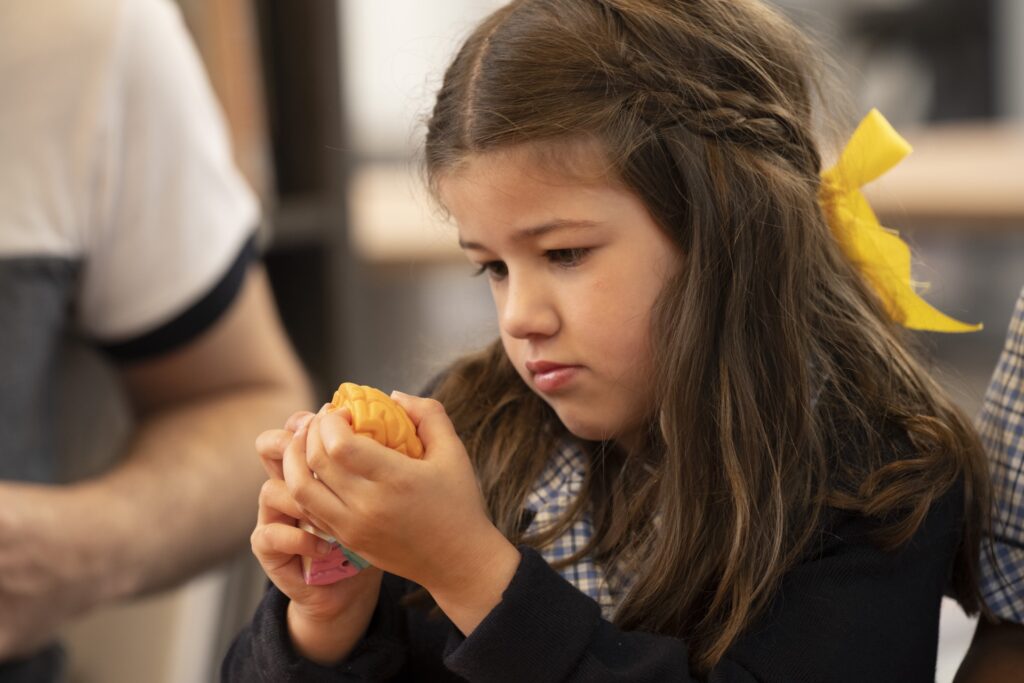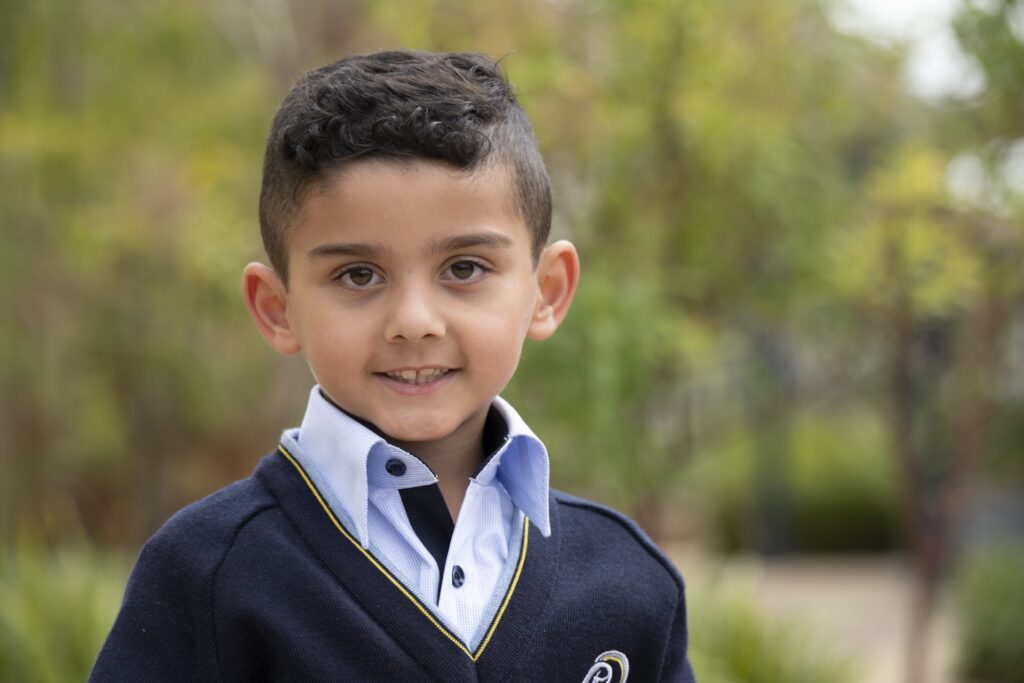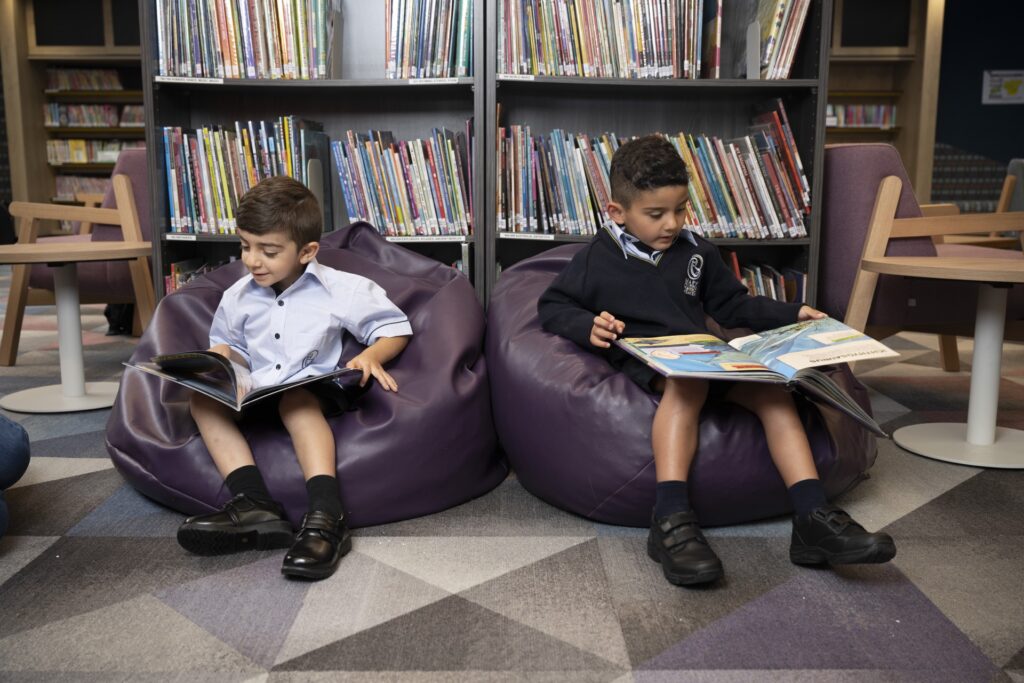Reminders
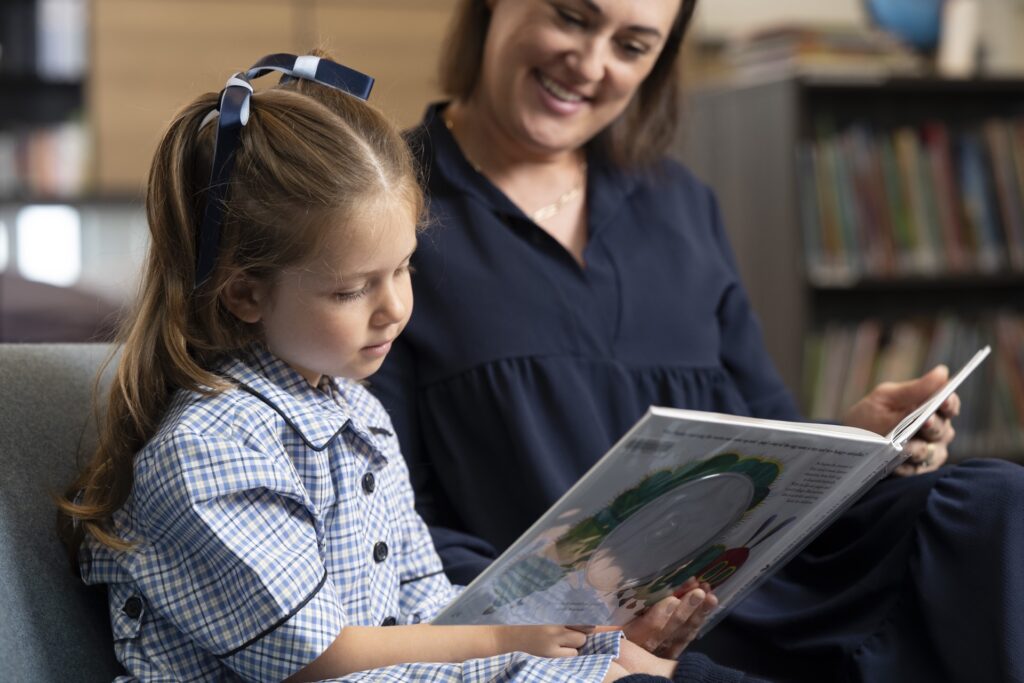
Today’s newsletter comes with a great deal of reminders to ensure we are all informed and ready for a smooth start to 2025.
- Children are dropped off at the school gate each morning (Hillview or French Road). There will be a number of staff there to welcome them, we will assist you with any reluctant children and take them to their lines where their teachers will be waiting.
- It is so important that you are on time for drop off. Gates open from 8:30am. Children who are late can get very anxious.
- School jumpers are not compulsory. In the hot weather it’s a good idea to keep them at home.
- School hats are compulsory in Terms 1 and 4. Please label them and ensure the children know where they are in their bag.
- Please label EVERYTHING!
- Monday and Friday we sell Zooper Doopers for $1. Please pack the coins into the zip section of their bags and show the children where the money is.
- Please encourage your child to be independent. They carry their bag to school, they unpack and pack their bag, unpack their water bottle etc. They are such capable little learners.
- On your child’s birthday they can wear casual clothes so we can identify them and celebrate them. You can also bring in goodie bags and muffins or cupcakes. Please no large cakes as these are hard to serve. Store bought items are preferred as they have the ingredients clearly marked. Children with allergies will be given an alternate treat.
Children with allergies – please ensure you have provided alternate treats to the classroom teacher to keep in their rooms so that your child never feels like they miss out.
- In the hot or wet weather we revert to a different timetable. The children remain inside and have passive play items to entertain them.
- At all times during the school day, children are thoroughly supervised by staff.
- At the end of each school day the children will be brought to the area where they line up. You can meet them there. If you are running late please don’t worry, a staff member will be with them the whole time.
- Children not collected by 15 minutes after the bell will be taken to BIG Childcare at the cost of the parents.
- In the interests of safety for all, NO EQUIPMENT is to be used for play after school. The ovals, balls, piano, adventure playground and sandpit are all out of bounds. Please collect your children and make your way to the gates.
- Please be reminded that our school is a smoke and vape free zone.
- Our staff are available to communicate with you in many ways. A chat at pick up, an email etc and we use Audiri for longer or more urgent announcements. Seesaw is used only for learning and teaching and to report your child’s progress in an ongoing manner.
- Parking for families is along Hillview Rd and French Rd as well as in the side streets off Hillview Rd. Please note the parking on Hillview Rd closest to our school is a 5 minute drop off zone and this monitored by the council.
- Lunch orders take place on a Thursday. Orders need to be in by 8am on the day. They are delivered fresh to our children just before the lunch break each Thursday.
- Our school community calendar can be accessed on the school website, please scroll to the bottom so that you are aware of our school events.
- Class Mass is held in the sacred space each fortnight.
- Assemblies are hosted by classes on a roster, they are every third Friday afternoon
As always, please reach out to any staff member if we can assist you with anything at all.



